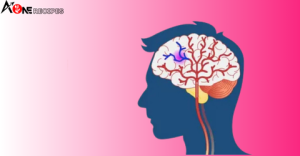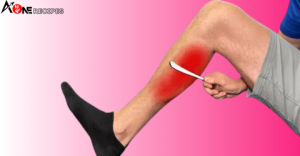Colorectal cancer, also known as colorectal cancer, is one of the most common types of cancer, but when detected early, it is also one of the most preventable and treatable diseases. Unfortunately, many people ignore the early warning signs and blame it on benign digestive issues. Paying attention to your body and knowing the signals can save your life.
Here are 10 important signs of bowel cancer that should not be ignored:
- Blood in the stomach
One of the most common and dangerous symptoms. Bright red blood or dark, tarry stools may indicate rectal or rectal bleeding. - Continuous abdominal pain or discomfort
It may be a sign of a tumor affecting the digestive system. - Unexplained weight loss
Careless weight loss can be an early indicator of colon cancer. Cancer cells can change how the body uses food, which can lead to sudden weight loss. - Changes in bowel movements
You should never ignore sudden changes in your bowel habits, such as cramps, pain, or the feeling that your bowels won’t empty completely, especially if they last more than a few days. - Pain or weakness
Colon cancer can cause internal bleeding, leading to iron deficiency anemia. This causes fatigue, dizziness, or shortness of breath. - A thin bench or rope
Loose diarrhea may indicate colonic obstruction, which may be caused by a tumor blocking waste excretion. - Dry completely
If you feel the need to “go to the bathroom” frequently, even after a bowel movement, it may be because you are constipated. - Nausea or vomiting
Tumors obstructing the intestines can cause nausea, vomiting, or diarrhea, especially in later stages. - Frequent urinary problems
Persistent rectal pressure, even in the absence of abdominal pain, may indicate a tumor in the lower abdomen or rectum. - Looking pale or anemic
Prolonged blood loss from colon cancer can lead to anemia, which can cause pale skin, weakness, and numbness in the hands or feet.




